Description
ABSTRACT
An Appraisal of the Impact of Intellectual Property Rights on Small and Medium-Sized Enterprises
Regina Onwumere* and Richman N. Thommanuel**
Increasing records indicates that SMEs are fast becoming the largest employers of labour all over the world. Considering that these business entities, just like other business set-ups, trade on goods and/or the provisions of services, it becomes pertinent to note that their investors, proprietors or owners expend not only financial capital in establishing them but also expend human and intellectual efforts in coming up with innovative products, designs, processes and/or works traded on and to which the goods and/or services offered are associated with. Where the intellectual property (IP) associated with the goods and/or services are not duly protected under the relevant intellectual property laws, the IP rights may end up being exploited by third parties to the financial and other detriments of the true owners, especially in this era of unhealthy competition, passing-off and IP theft. Against this backdrop, this article highlights the growing importance of SMEs globally, the importance of IP rights protection to SMEs and the commercialisation of SMEs’ IP assets vis-a-vis the legal implication where SMEs IP rights are not protected under the relevant IP laws. This article was conducted based on the doctrinal legal research approach, including references to articles, books, etc.
Keywords: SMEs, Trademarks, Copyrights, Patents, Industrial Designs, IP, Commercialisation.
INTRODUCTION
Small and medium-sized enterprises (SMEs) are said to be the backbone of every economy as they have been responsible for the employment of the majority of the labour market. It is estimated that by the year 2030, about six hundred million (600,000,000) jobs will be required to accommodate the fast-growing global workforce.1 It is also reported that over 90% of businesses globally are SMEs and that SMEs account for at least 50% of employment worldwide.2 Furthermore, up to 40% of national income/Gross Domestic Product (GDP) in emerging economies are attributable to SMEs.3
Today, over 65% of employment and 50% of the Gross Domestic Product is contributed to SMEs in the European Economy.4 Given the recognition of the role of SMEs in economic growth, the government of most emerging economies are beginning to give higher priority and support to the development of SMEs in their countries. For instance, the government of Angola, following…
* Senior Associate, Aluko & Oyebode.
** Associate, Aluko & Oyebode.
- World Bank, Small and Medium Enterprises Finance accessed 17 July 2021.
- ibid.
- ibid.
- ibid.

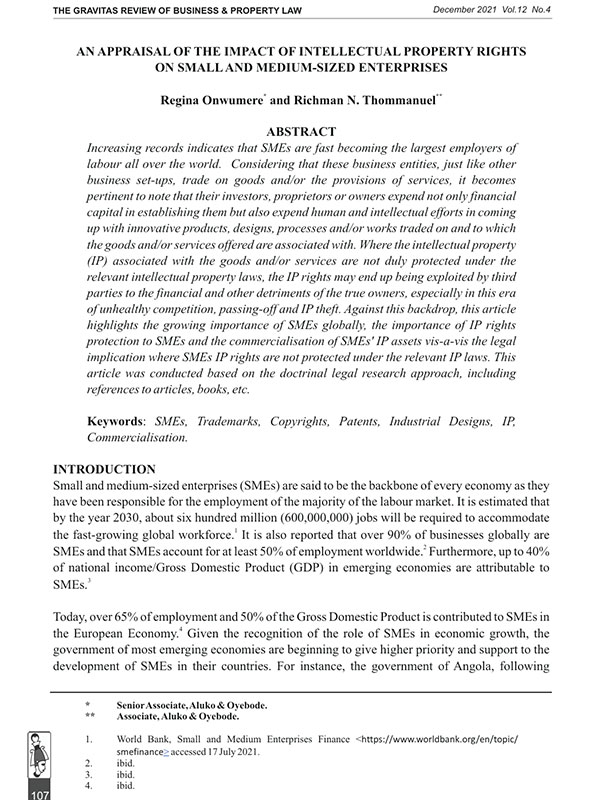
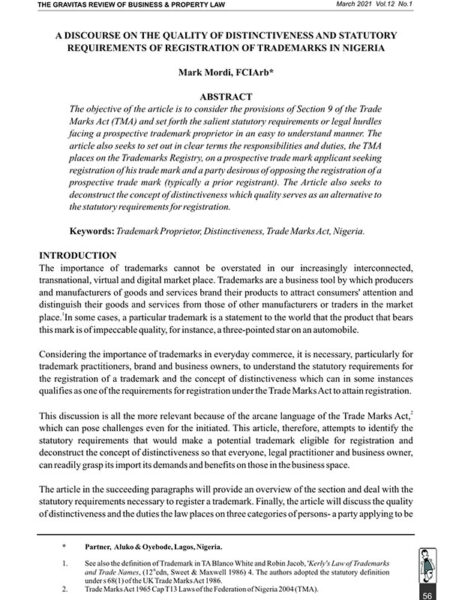
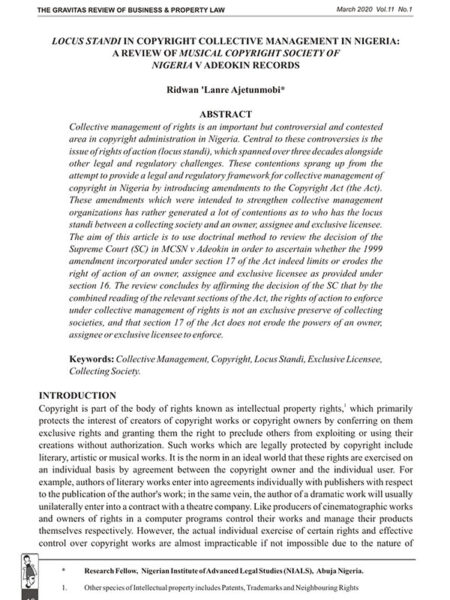
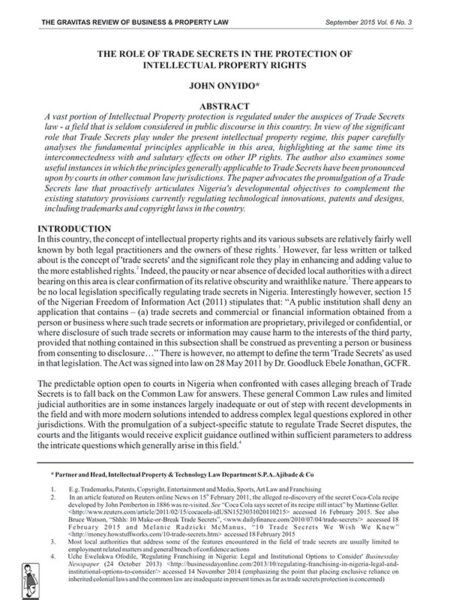
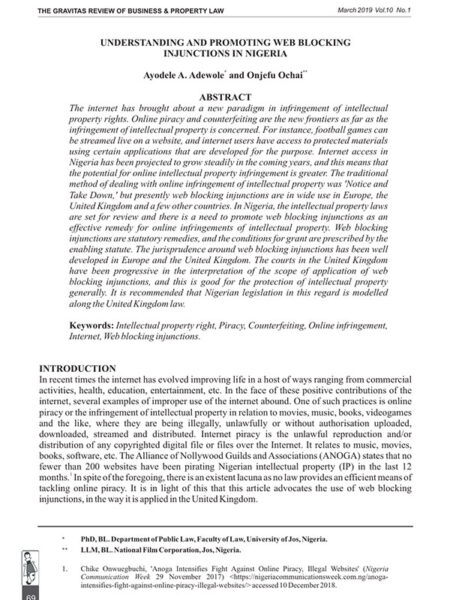


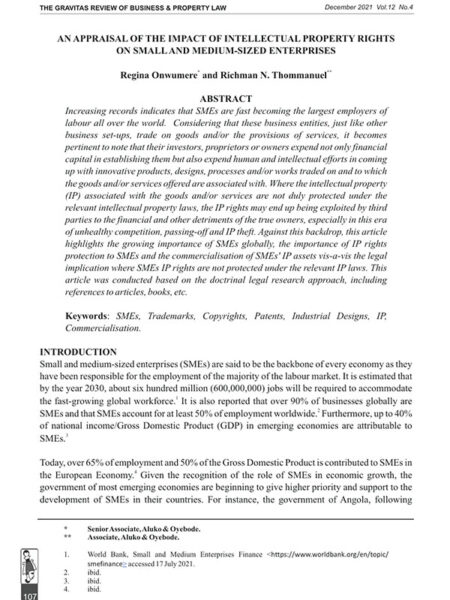
Reviews
There are no reviews yet.